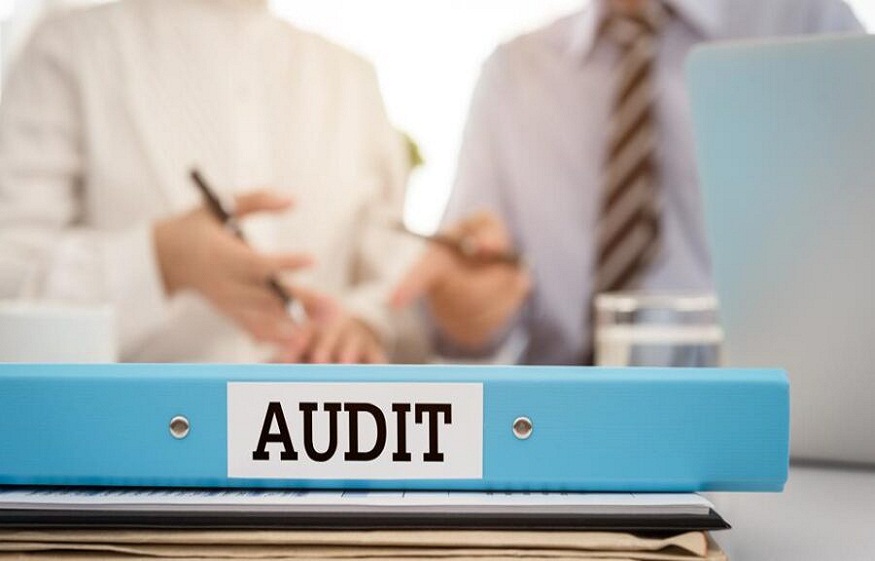Are you burdened by an IRS tax problem constantly? Are there no tax relief services helping you? Is it even the IRS or are you being scammed? You’re not alone. Millions of Americans face similar IRS tax problems annually. Read on to find out more:
The IRS is a single-minded behemoth of an organization fixated on catching frauds and collecting taxes, with an enormous amount of power endowed by the government. Naturally, they inspire fear in many and their agents are prone to frequent fraudulent impersonation by scammers and other criminal entities.
Millions of Americans with common IRS tax problems, annually encounter individuals pretending to be IRS officers demanding instant payment. Despite many advisories and clarifications by the IRS, tax scams still persist as one of the most common crimes today.
However, there are many tell-tale signs which can determine whether or not it is really the IRS contacting you. The following is a list of things that might help you tell scammers apart from the real deal and help you receive the adequate tax relief services you desire.
The IRS does not:
1. Ask for immediate payment on-call:
If someone calls you from the IRS demanding owed taxes be paid using a specific payment method such as a prepaid debit card, gift card, or wire transfer, instantly, then most likely they are not calling from the IRS. Generally, a bill is mailed as preliminary correspondence if money’s owed. Hence, it’s more likely that your first brush with the IRS might be in your mailbox.
2. Disallow appeals:
A common sentence used by tax-scammers is “Pay up first. Appeal later”. After receiving an initial correspondence you are well within your rights to question the quoted amount. You can take sufficient legal recourse and raise multiple objections. Know your rights as a taxpayer.
3. Threaten arrests:
The IRS has no authority to directly invoke law enforcement, except in extraordinary circumstances. The IRS never threatens with police action if the defaulter is not paying,. The IRS also cannot revoke your driver’s license, business license, or immigration status..
4. Send malicious links or mails:
Phishing continues to be a major security risk for both payers and collectors. It’s the act of collecting sensitive information such as usernames, passwords, and account details by scammers impersonating a reputable company or government agency digitally. Once acquired, your information can be used to access your account, apply for benefits or refunds in your name, and steal money. Do not comply with external links that require you to verify your personal information.
On the other hand, the IRS does
1. Show up unannounced:
The IRS can and frequently does surprise the subject of an investigation by conducting official yet unannounced visits to their residents. However, the suspect has to be given at least one prior notice via mail. This may be part of evidence procuring exercise, or a straightforward collection visit. If you have any federal tax overdue, the IRS agent will probably even advise on various payment plans.
2. Provide proper verification:
IRS representatives are trained to provide their official credentials often in a two-step verification system -using a pocket commission and an HSPD-12 card. Pocket commissions contain the current objectives, whereas the HSPD-12 card is a government-wide standard form of reliable identification for federal employees and contractors. Taxpayers have the right to see these credentials. The IRS, upon request, provides a toll-free employee verification telephone number as well.
3. Conduct audits:
An audit is a review/examination of an organization’s or individual’s accounts and financial information to ensure that they aren’t hiding income to pay low taxes. An audit doesn’t directly mean you’re in trouble, but clearing existing taxes should be pre-emptively done by then.
4. Assign tasks to private debt collectors:
Sometimes the IRS even outsources collection activities to other private debt collectors. But first, protocols need to be obeyed. The IRS will notify the taxpayer in writing about their case having been turned over to a third party. The privateers will also send the taxpayer a letter confirming the assignment of the taxpayer’s account to their agency. Only four agencies nationwide work with the IRS for tax collection.
5. Follow the collection procedure:
As soon as the first bill is received, the collection procedure has begun. If a defaulter cannot pay what’s owed they can contact the IRS for a resolution. Sometimes, the resolution is a payment plan with installments. On other occasions payment plans may turn into a losing game. Here are some of the most common ways that these collection methods can materialize into:
Lien:After the deadline of paying a tax debt has passed and multiple notices (such as CP14, CP501, and CP503), have been served with no resolution in sight, a tax lien will be issued against the taxpayer’s assets.
A lien can be placed on any type of asset including a home, automobile, bank account, or rental property.
A lien will be always reported on a defaulting taxpayer’s credit history unless they officially request removal from public history.
Levy:Once a lien is imposed, the IRS tightens its claws over the defaulter’s assets by issuing levies which enables law enforcement, and other agents to seize property.
If the taxpayer continues to not cooperate or is fleeing, then multiple levies can also be issued. The funds obtained from these assets will be put toward the taxpayer’s tax debt, but penalties and interest will continue to accrue on the account.
This can be particularly challenging for a taxpayer as even after losing their assets, they would still have outstanding dues.
Garnishment:
A garnishment is a fraction of the taxpayer’s salary or earnings that IRS hijacks to fill the tax debt.
If you’re facing a garnishment, your employer withholds a portion of your paycheck and then submits it to the IRS, sometimes for several years.
The IRS can issue wage garnishments on salaries, wages, bonuses, commissions, and even retirement benefits or pension earnings as well as socially uplifting compensation programs like social security disability benefits, VA benefits, or even old age subsidies.



